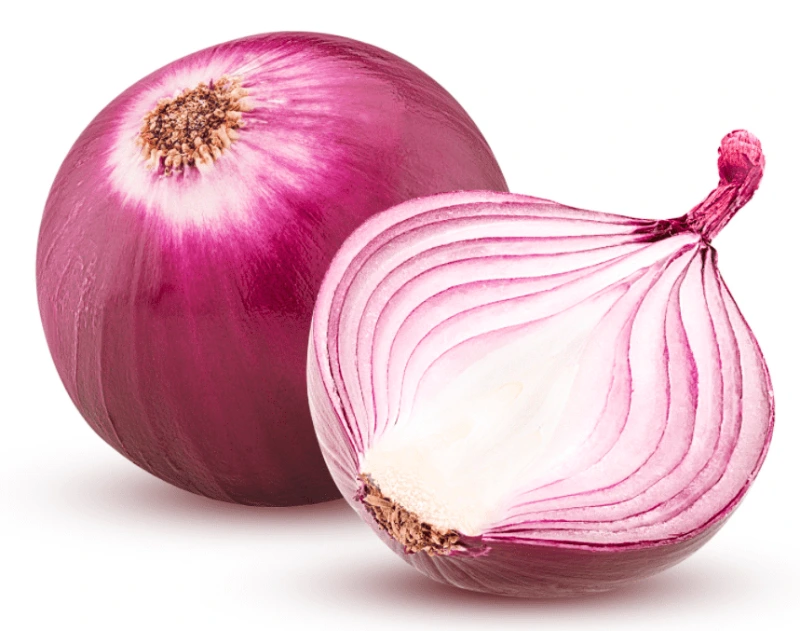
Advertisement
Onions are not high in cholesterol, but they increase good cholesterol and make blood cells less sticky, making them a great addition to any diet. You may be wondering if onions are good for your cholesterol levels. Plus, they prevent your cholesterol from spiking after eating a fatty meal.
Red onions are sweeter than yellow onions
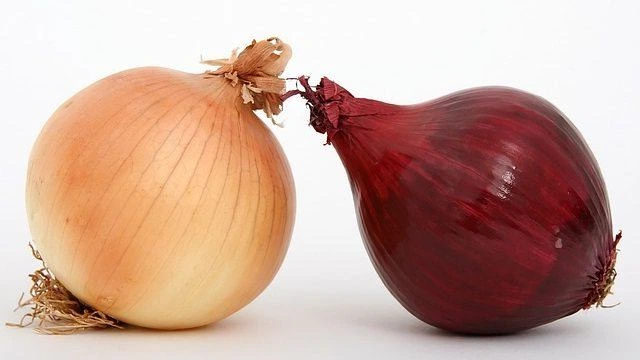
As a result of the sulfur and chromium present in red onions, blood sugar levels are controlled. Diabetics can benefit from these compounds as they stimulate insulin production and help lower blood sugar levels for up to four hours. They can also lower blood sugar levels, which is beneficial for people with type 2 diabetes. They
contain high levels of antioxidants and are highly nutritious. You can use red onions instead of white onions in various dishes such as pasta, soups, and stews. This is because red onions contain a high amount of antioxidants that have anti-cancer and blood-thinning properties.
Yellow onions are low in carbohydrates
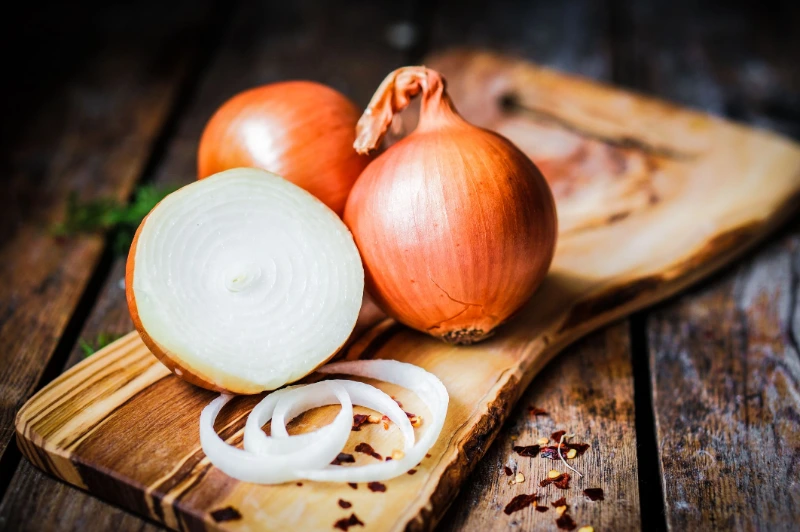
One cup of chopped onion contains only 7 grams of carbohydrates, which is about 2% of the daily recommended intake for adults. Onions contain healthy amounts of both cholesterol-lowering antioxidants and fiber. Also, each cup contains 115 calories, with only about a quarter of the calories coming from carbohydrates. The remaining calories come from protein. Because yellow onions are low in carbohydrates, you can get your daily allowance of essential amino acids from yellow onions.The
fibrinolytic properties of onions also help reduce blood clots. In addition to protecting "bad" LDL cholesterol and lowering blood pressure, onions improve blood circulation and lower blood pressure, as well as contain phytochemicals that have anti-inflammatory and anti-cancer effects. In addition, onions protect "bad" LDL cholesterol and limit free radicals in blood vessels.
White onions are low in potassium
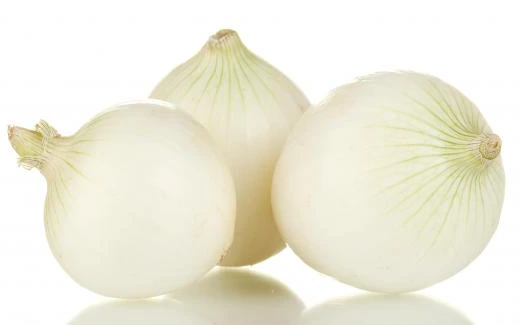
White onions contain phytonutrients and antioxidants that not only help reduce LDL cholesterol and protect the body from oxidative damage. They also contain fiber and prebiotics that feed the good bacteria in the gut in addition to regulating high blood pressure and preventing clogged arteries. White onions also help treat digestive disorders. Aside from their immune-boosting properties, onions are also rich in vitamin C, which supports collagen
synthesis, tissue repair, iron absorption, and cholesterol reduction. In addition, they contain vitamin B complex, which supports red blood cells, nerve function, and metabolism. Additionally, onions contain potassium, which supports nerve transmission, muscle contraction, and normal cell function.
Caramelized onions are better than raw onions
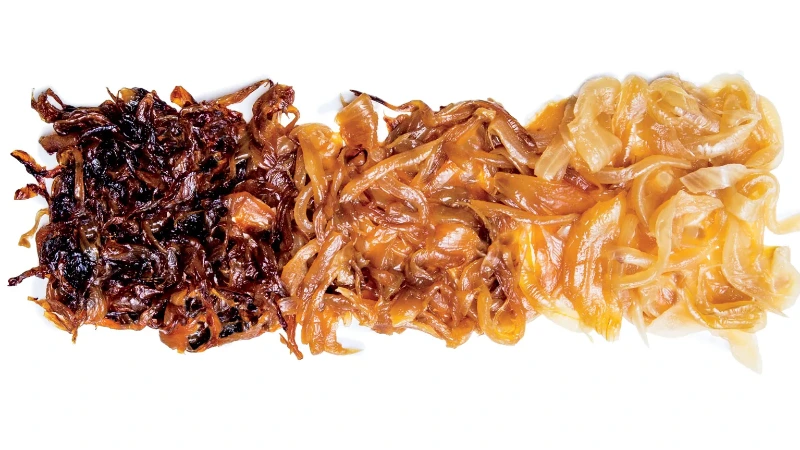
In addition, onions are heart-healthy and healthier, plus they contain flavonoids, antioxidants that prevent inflammation. Onions caramelize as their sugars break down during cooking. The longer you cook onions, the more caramelized they become. To prevent them from burning, onions should also be kept at a low temperature and stirred frequently. Polyphenols, a type of antioxidant that
protects cells from free radical damage, are found in onions. To maintain a healthy immune system, it is important to neutralize free radicals that attack DNA and disrupt cell structure. In response to ultraviolet light and pollution, and as part of the immune system, the human body produces free radicals.









